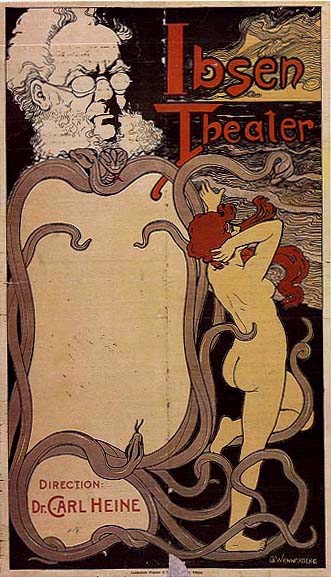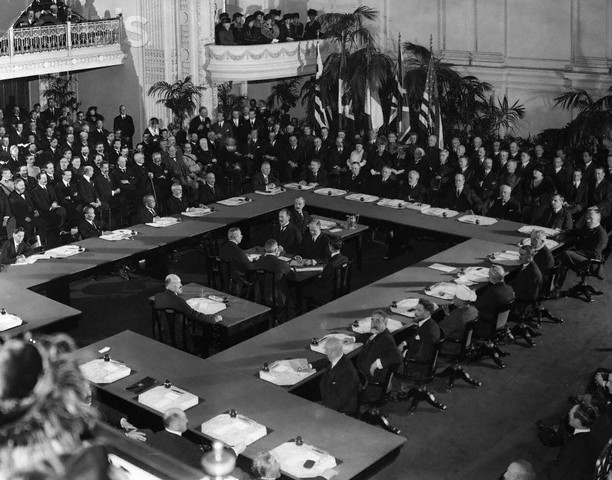A few days ago, Shaw Festival posted a quotation - allegedly by Shaw - on their facebook timeline. You can view the original post by clicking on the image below.
It did not sound very Shavian to me, but I searched for this literal quotation in my database - to no avail. Neither could I find any word combination that may have plausibly originated the claim that Bernard Shaw ever said something vaguely similar. While it is impossible for me to determine with absolute certainty whether these words were originally Shaw's (better informed opinions, welcome), it is quite suspicious that they can be found in another person's literary work.
Specifically, Gloria Anzaldúa's Borderlands/La Frontera: The New Mestiza reads thusly on p. 101, while discussing the possible course of actions for Chicanos living in an alien, dominant culture:
"Or perhaps we will decide to disengage from the dominant culture, write it off altogether as a lost cause, and cross the border into a wholly new and separate territory. Or we might go another route. The possibilities are numerous once we decide to act and not react."
To my knowledge, Anzaldúa has never suggested any intellectual indebtedness to Bernard Shaw, and it is unlikely that she was influenced by his works and/or philosophy at all. I think we can safely put this quotation in the apocryphal folder for good.








